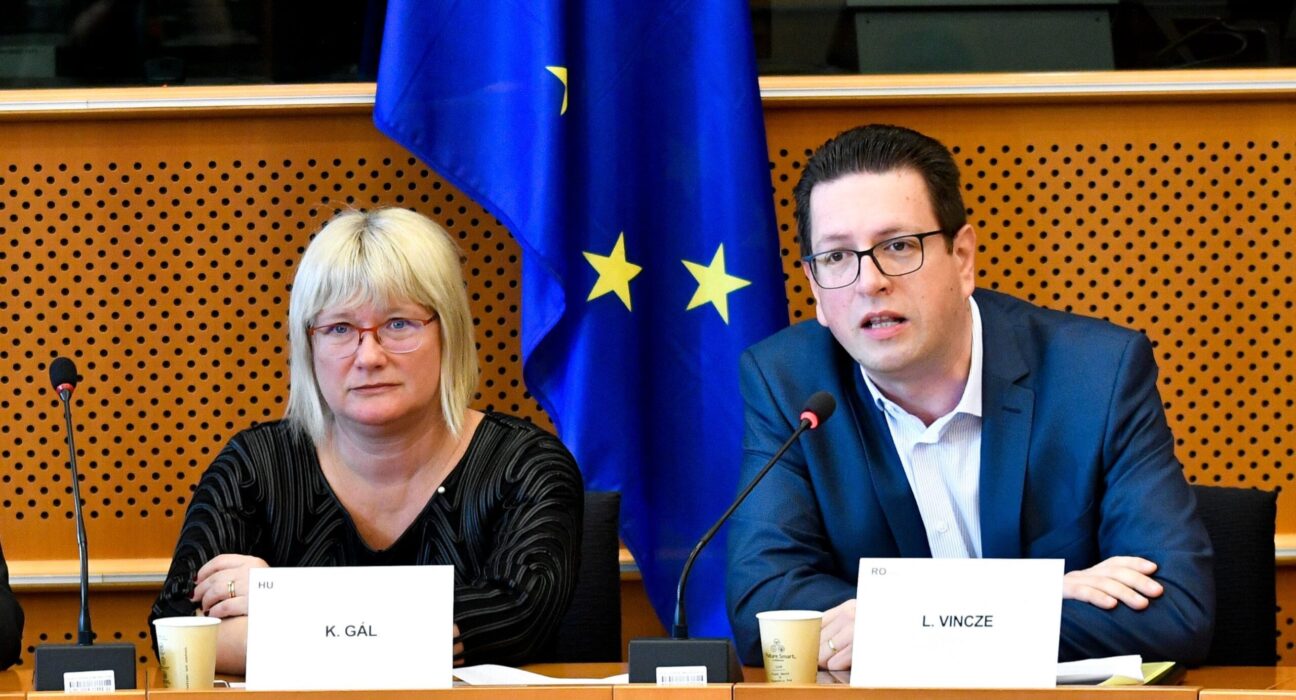In the heart of Europe, a pressing issue remains largely unaddressed – the fate of indigenous minorities. Despite efforts by some members of the European Parliament to shed light on this important matter, the EU as a whole has remained notably silent. This silence speaks volumes about the challenges faced by these marginalized communities and the lack of cohesive action on a continental level.
The continuation of the tasks of the EU working group on minorities received a nod of support from nearly 40 Members of the European Parliament (MEPs). This gesture, while commendable, underscores the uphill battle faced by those advocating for the rights and well-being of indigenous minorities within the EU.
Expert analysts point to a concerning trend of neglect towards indigenous communities, highlighting the urgency for policymakers to prioritize their voices and concerns.
The complexities surrounding the fate of indigenous minorities in Europe are deeply rooted in historical injustices, discriminatory practices, and systemic barriers that continue to perpetuate their marginalization. These communities often face challenges in preserving their cultural heritage, accessing quality education and healthcare, and securing adequate representation in decision-making processes.
One such example is the situation of the Sami people, who inhabit the Arctic regions of Finland, Sweden, Norway, and Russia. Despite their unique cultural identity and traditional way of life, the Sami have encountered obstacles in asserting their rights to land, language, and self-governance. The lack of robust support from EU institutions further compounds their struggles and leaves them vulnerable to exploitation and erasure.
The silence of the EU on the fate of indigenous minorities not only hampers their progress towards equality and justice but also sets a concerning precedent for other marginalized groups within the region.
As discussions around diversity, inclusion, and human rights gain traction globally, the EU’s reticence on this critical issue raises questions about its commitment to upholding fundamental values of equality and respect for all. The absence of a cohesive stance on indigenous rights not only undermines the EU’s credibility as a champion of human rights but also reflects a broader pattern of neglect towards minority groups within its borders.
It is imperative for the EU to break its silence and actively engage in meaningful dialogue and action to address the challenges faced by indigenous minorities.
By amplifying the voices of indigenous communities, advocating for their rights, and implementing policies that promote their socio-economic empowerment, the EU can demonstrate its genuine dedication to inclusivity and diversity. Failure to take decisive steps towards rectifying past injustices and safeguarding the future of indigenous minorities would not only be a disservice to these communities but also a betrayal of the EU’s core values of solidarity and human dignity.
In conclusion, the fate of indigenous minorities in Europe stands at a critical juncture, demanding urgent attention and concerted efforts from policymakers, civil society, and the public at large. The EU’s silence on this issue is not just a reflection of inaction but a stark reminder of the pressing need for proactive measures to address systemic inequalities and protect the rights of all individuals, regardless of their background or heritage. Only through collective action and unwavering commitment to justice can the EU truly fulfill its promise of a more equitable and inclusive society for all.

